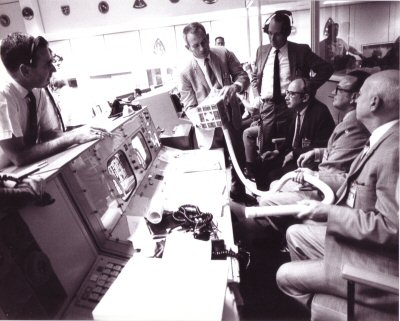
Catching up with my brain
While preparing my notes and whiteboard scribbles for a corporate presentation tomorrow, I realized I had not articulated some concepts I refer to often. In my journal.
Remember, folks, the global brain does not carry your information unless you upload it. So I’m writing today about thought sourcing. If you Google “thoughtsourcing,” you get references which contain sentences like “what they thought sourcing was…” Well. That’s not it. That’s about sourcing. Not thoughtsourcing.
(Before I go any further, let me state clearly: My use of thoughtsourcing is NOT “outsourcing your thoughts.” What Nick Nanton called “The 8th Deadly Sin” in his article in January 2009 is a completely different animal, and, to my mind, a good example of how we often jump the gun with a negative reaction before we really see what can be done with instant and exponential communication. Nick’s concern was that people stop thinking for themselves and draw from the collective without any creative effort of their own. I believe it is quite the opposite. In my Glossary, I put Nick’s definition as the second possibility for this term. Consider this disclaimed.)
Thoughtsourcing
Thoughtsourcing is using modern communication tools (digital) to feedback an answer, a segment of an answer, an expansion of any kind – on your own thought.
Bringing it down to earth a bit more, I could say that “thoughtsourcing” is in the same ball field as what we do when we use Twitter to “crowdsource” and get answers to questions or come up with some research data. But it’s more than that.
Cloud Alchemy
Let’s back up and reference that other term in the title, cloud alchemy: Connecting the thoughts of two or more people on the Internet in a meaningful way to create a new synergy, a new statement or definition or resource or investigation. Cloud alchemy can be done in a few different ways, but it speaks to the new capacity of the global brain to think as an organism.
I think, therefore I tweet
Thoughtsourcing happens when a skilled new-media user employs a tool like Twitter, for example, to almost instantly answer a question or fill in a blank. A new-media user with a broad range of skills can obtain the next piece of information related to their own thought so quickly that it mimics the human thought process. It’s still thousands of times longer than thought itself, but it is so fast now, we can start to see the future through it.
It’s not crowdsourcing
Thoughtsourcing is faster than crowdsourcing. Crowdsourcing has its own value and purpose. Thought sourcing is an individual’s extended reach, through their organized and informed use of new media, into the global brain, where they can cherry-pick a trusted source and zero in on an answer – or a new perspective – which does not require further research to validate. The sourcer (ooo, sourcer!!) can then promptly move on to the next thought with new information integrated.
A global brain area, properly connected, means the participants can thoughtsource each other, which makes them all more efficient and more intelligent.
So go do some cloud alchemy. Bring your sources closer together by introducing your best peers to one another. Make a new brain area strong and effective and meaningful.
Be well, friends.
Suzanna Stinnett
*train of thought illustration (c) Suzanna Stinnett 2008
Join my web family to receive the monthly newsletter:






